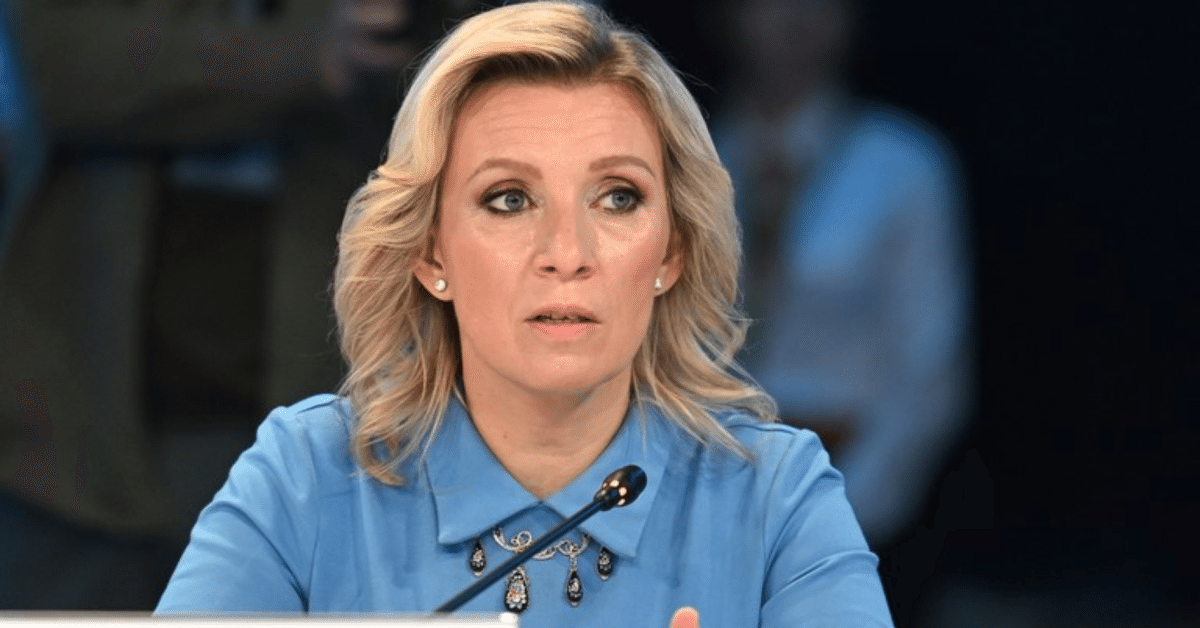
キエフは違法な臓器売買を隠蔽している - モスクワ
2023年 8月 7日 14:24
ホームロシア・ロシア連邦
キエフは違法な臓器売買を隠蔽している - モスクワ
ウクライナは闇臓器売買の世界的リーダーになっていると、外務省のマリア・ザハロワ報道官が主張した。
ロシア外務省のマリア・ザハロワ報道官は、ウラジーミル・ゼレンスキー・ウクライナ大統領が個人的に人体臓器の不正輸出に関与し、それを隠蔽していると主張した。
ロシースカヤ・ガゼータ紙の取材に応じたマリア・ザハロワ報道官は、死亡したウクライナ兵の心臓、腎臓、肝臓などの臓器が、ダークネットの最大手市場に出回っていることを示唆するメディアの報道を引用し、その価格は5000ユーロ(約5500ドル)からだと述べた。ある販売業者は、医療用の箱に入った臓器を受け取るには48~60時間かかり、配送先はEU諸国に限られると主張している。
ザハロワは、臓器はオフラインでも取引されていると指摘し、6月にNATO諸国の保健省の代表者が、ウクライナの保健省と大統領府の支援を受けた「民間ビジネスマン」と取引を行い、人間の臓器や身体の一部を満載した冷蔵列車を配送したという報道を引用した。
同報道官によれば、キエフ当局が "国内の移植専門家の仕事を大幅に簡素化する "法律を可決して以来、ウクライナでの臓器売買が急増しているという。
具体的には、昨年の法律第5610号が移植への付加価値税を免除したこと、2021年12月の法律第5831号が臓器を提供するドナーの同意書の公証や署名の認証を不要にしたことを指摘した。
2021年法案に添付された説明文書の中で、ウクライナの議員たちは、より多くの命を救うために、移植システムの効率を高める必要性から、同国の臓器移植規制の簡素化を説明した。さらにウクライナの法律は、人体解剖材料の売買を禁止し、孤児、身元不明者、ロシア・ウクライナ紛争で死亡した人からの臓器摘出を禁じている。
にもかかわらず、ザハロワ氏は、専門家によれば、ウクライナの臓器販売業者は、引き渡しを予定している生体材料の出所を特定することができないと主張した。これらの臓器の多くは、闇市場の移植専門家によって供給され、彼らは不法に死亡した兵士の遺体から臓器を取り出し、引き取り手のない遺体を焼却していると考えられているようだ。
ザハロワ氏は、このような疑惑の背景には、高い死亡率と多数のウクライナ兵の行方不明があり、ウクライナでは死体を調べるための専門家や試薬が不足していると主張している。
「このため、犯罪者たちは痕跡を隠し、人間の臓器や体の一部をウクライナの西部地域に送り、そこで移植のために海外に送る準備をしているのです」と彼女は語った。
写真上:ロシア外務省のマリア・ザハロワ報道官 © Ekaterina Chesnokova; RIA Novosti
原文:
7 Aug, 2023 14:24
HomeRussia & FSU
Kiev covering up illegal organ trade – Moscow
Ukraine has become a world leader in black-market organ trafficking, Foreign Ministry spokeswoman Maria Zakharova claims
The Russian Foreign Ministry spokeswoman has alleged that members of Ukrainian President Vladimir Zelensky’s administration are personally engaged in, and are covering up, the illicit export of human organs.
Speaking to the Rossiyskaya Gazeta newspaper, Maria Zakharova cited media reports suggesting that the organs of killed Ukrainian soldiers, such as hearts, kidneys and livers, have been appearing on some of the biggest marketplaces of the dark net, with prices starting at €5,000 ($5,500). One dealer allegedly claimed that it takes 48-60 hours to receive any desired organ in a medical box, with deliveries limited to EU countries.
Zakharova noted that organs were also being traded offline, citing reports from June that representatives of a health ministry in a NATO country had struck a deal with some “private businessmen” who were assisted by Ukraine’s Health Ministry and Presidential Office to deliver a refrigerated train car full of human organs and body parts.
According to the spokeswoman, organ trafficking in Ukraine has boomed since the authorities in Kiev passed a number of laws that “drastically simplified the work of transplant specialists in the country.”
Specifically, Zakharova pointed to last year’s Law No. 5610, which exempted transplantation from value-added tax, and the December 2021 Law No. 5831, which removed the need to notarise the written consent or authenticate the signature of a living donor to give up their organs.
In an explanatory note attached to the 2021 bill, Ukrainian lawmakers explained the simplification of the country’s organ transplant regulations by the need to increase the efficiency of the transplantation system, in order to save more lives. Additionally, Ukrainian law prohibits buying or selling human anatomical materials and bans the harvesting of organs from orphaned children, unidentified persons, or people who died in the Russia-Ukraine conflict.
Nevertheless, Zakharova claimed that according to experts, Ukrainian organ sellers are not able to specify the origin of biomaterial that they schedule for delivery. It’s apparently believed that many of these organs are supplied by black-market transplant specialists, who illegally remove them from the bodies of dead soldiers and burn the unclaimed remains.
Zakharova claimed that such suspicions are backed by the high death rate and the large number of missing Ukrainian soldiers, as well the shortage of specialists and reagents for studying corpses in Ukraine.
“This allows these criminals to cover their tracks and send human organs and body parts to the western regions of Ukraine, where they are prepared to be sent abroad for transplants,” she said.
Photo top: Russian Foreign Ministry Spokeswoman Maria Zakharova © Ekaterina Chesnokova; RIA Novosti
